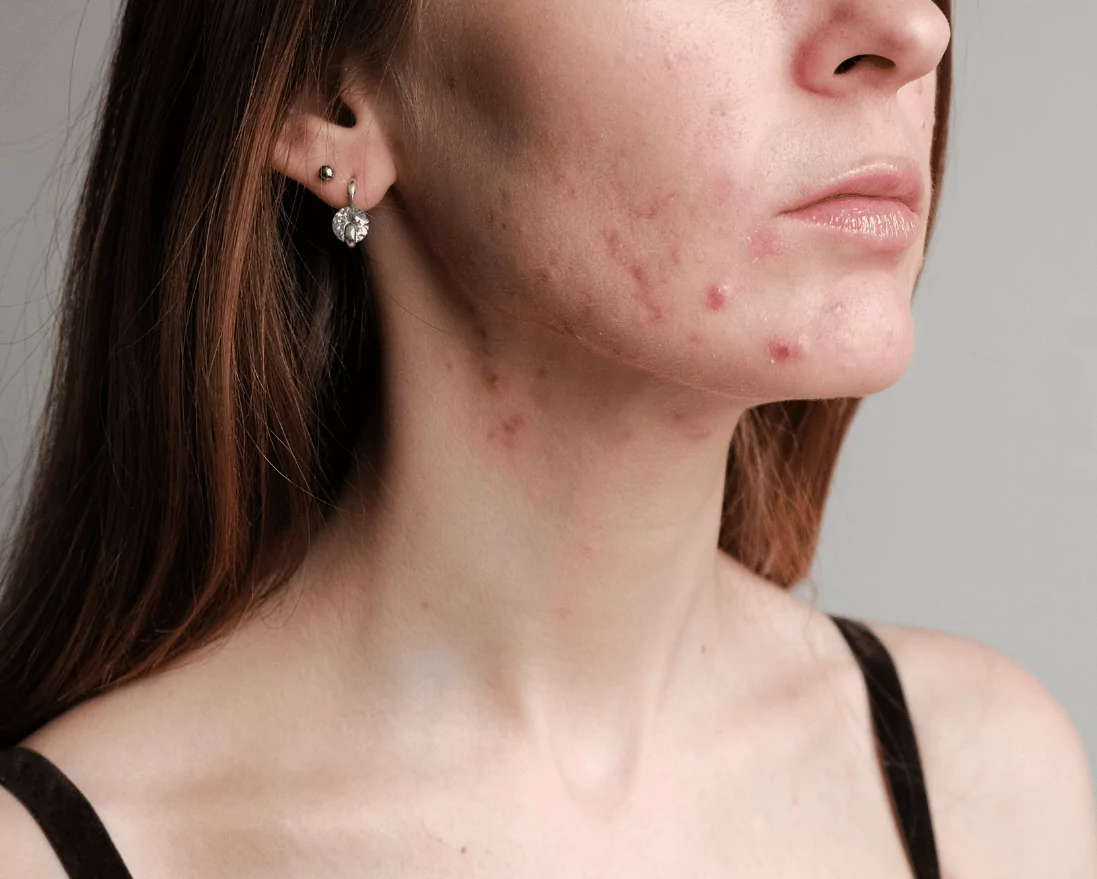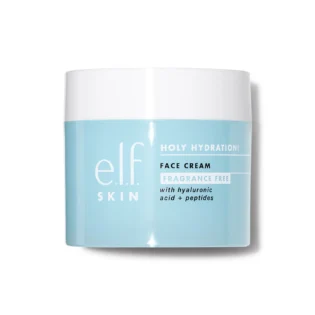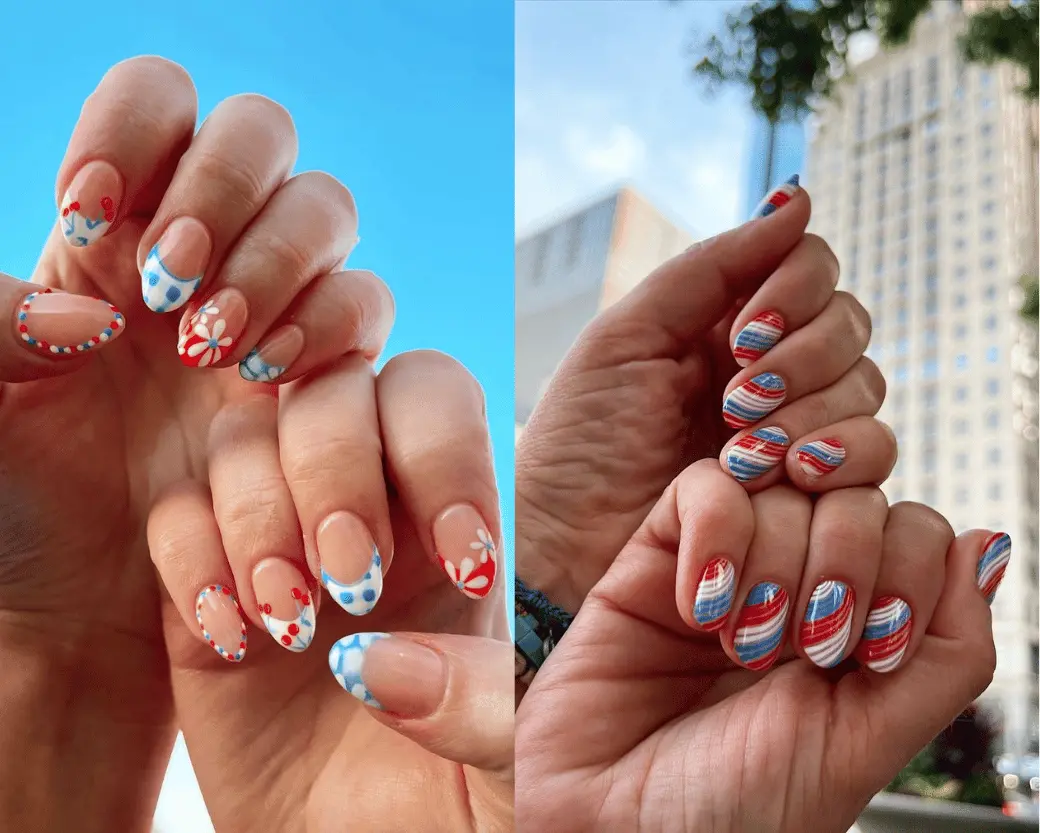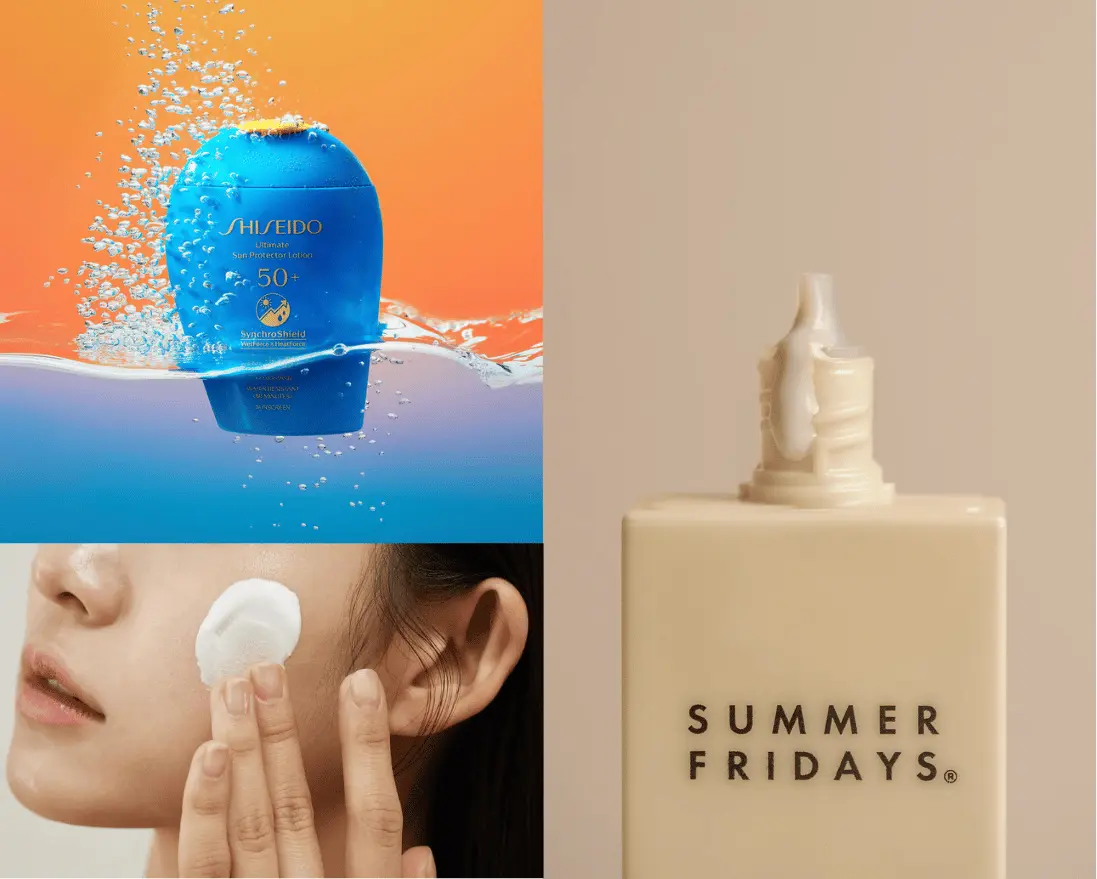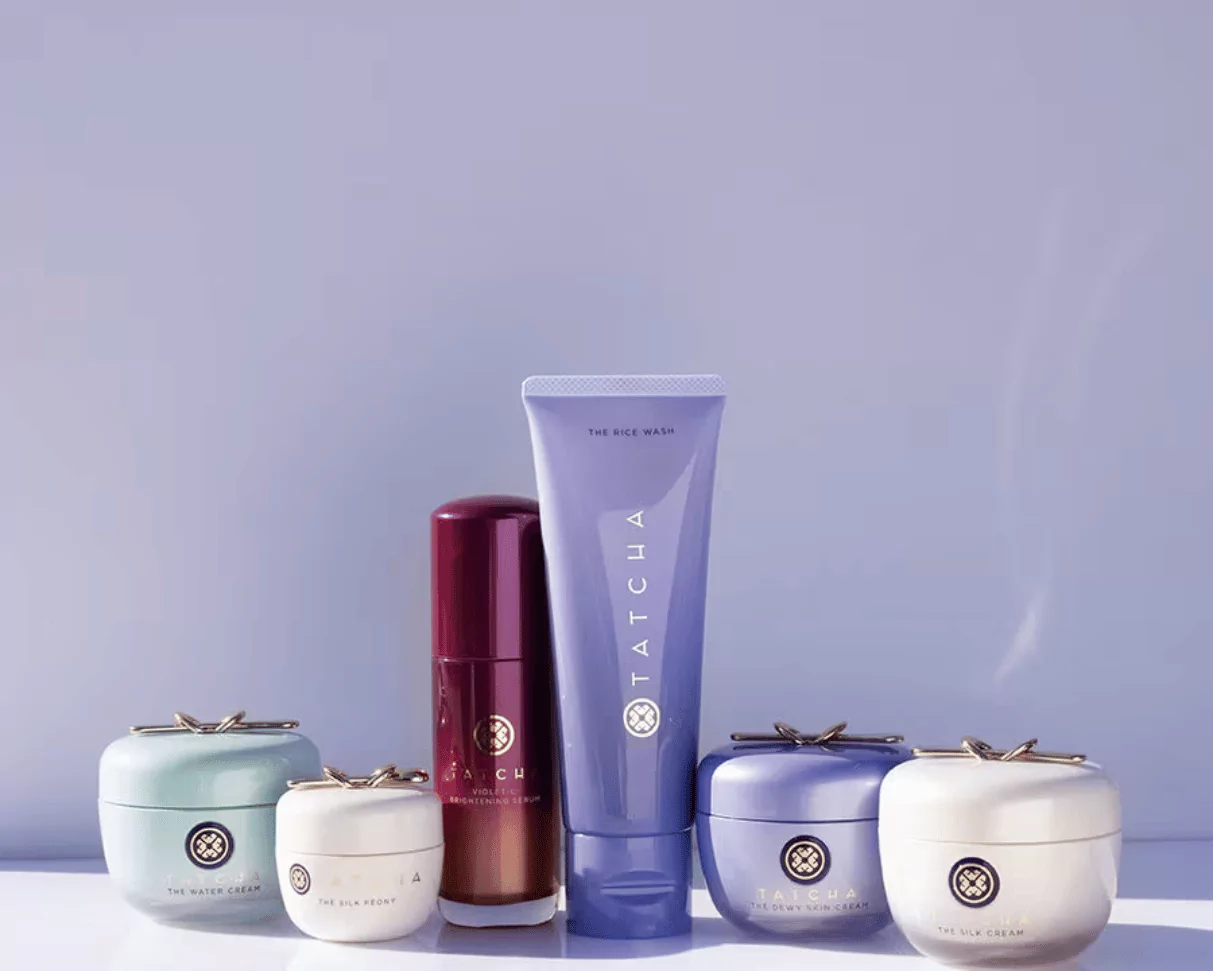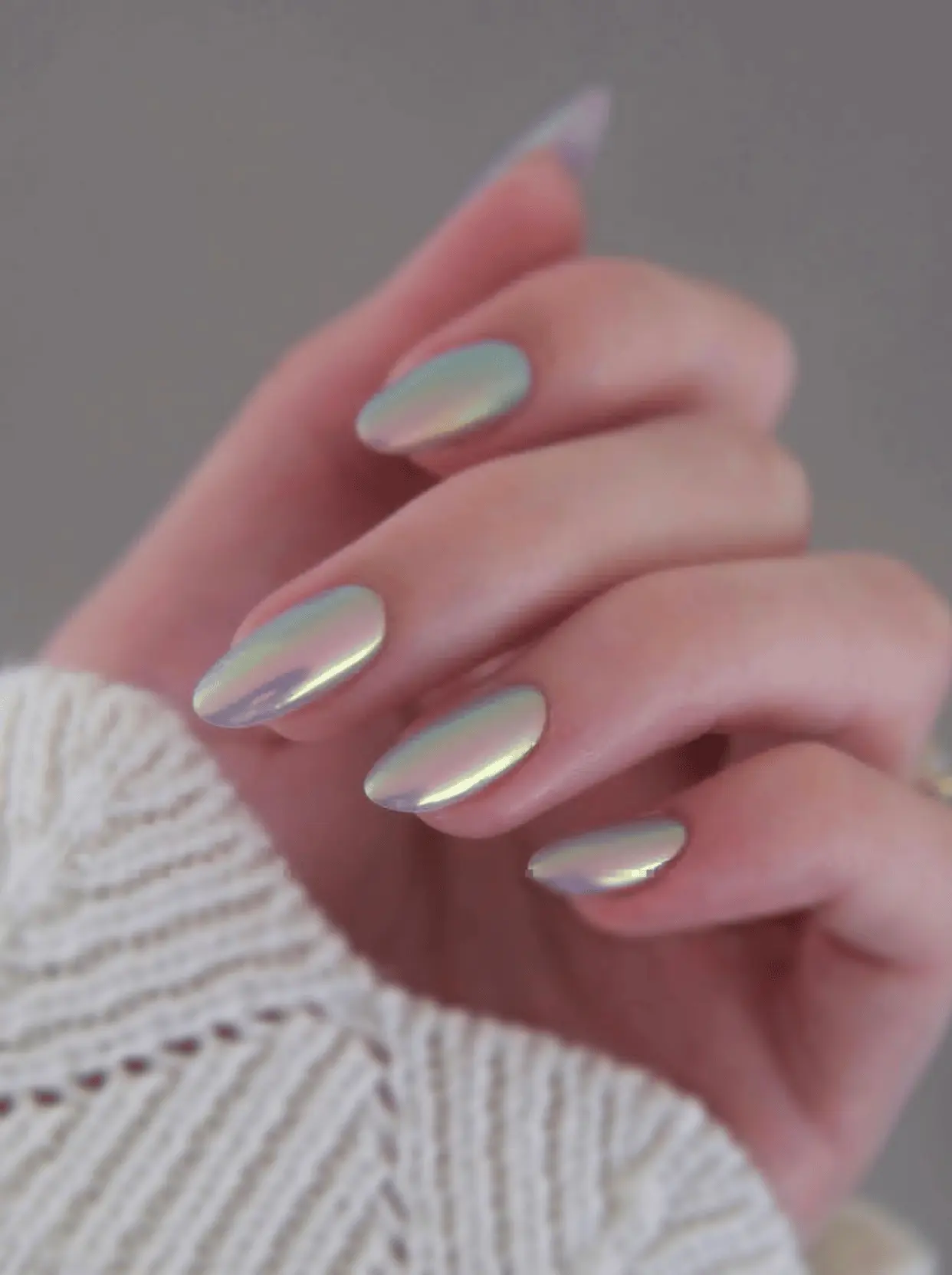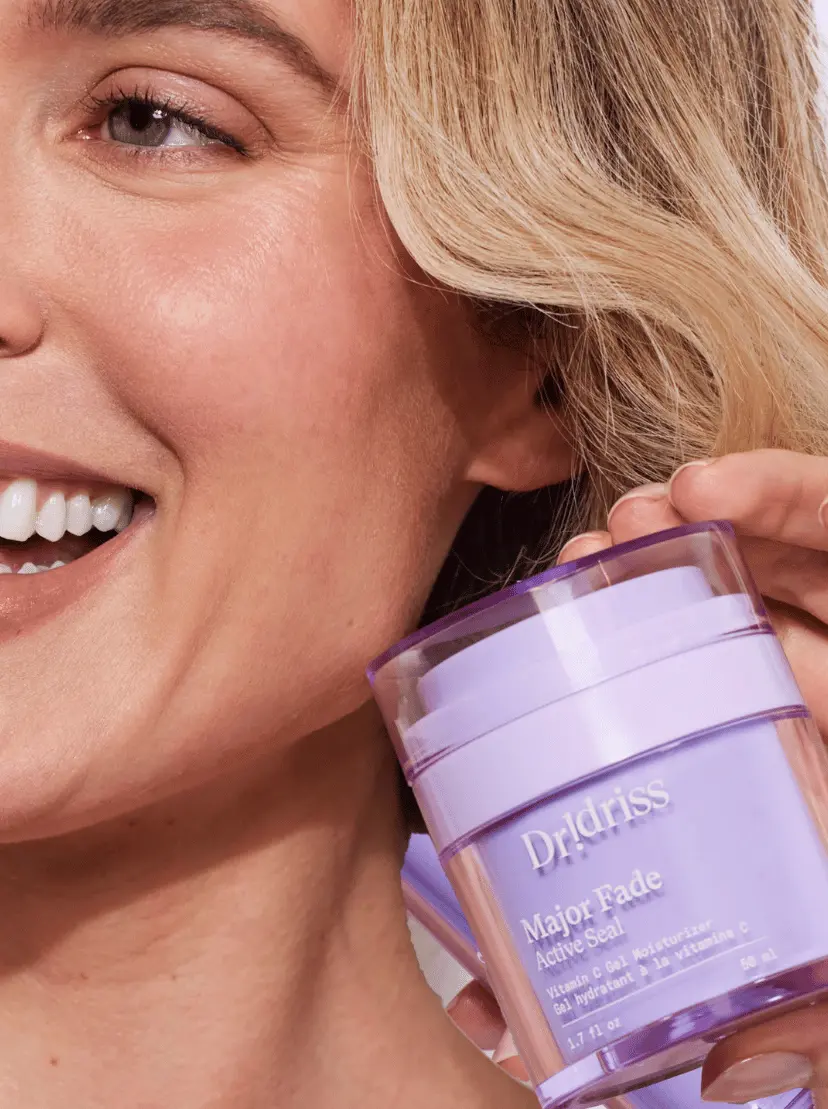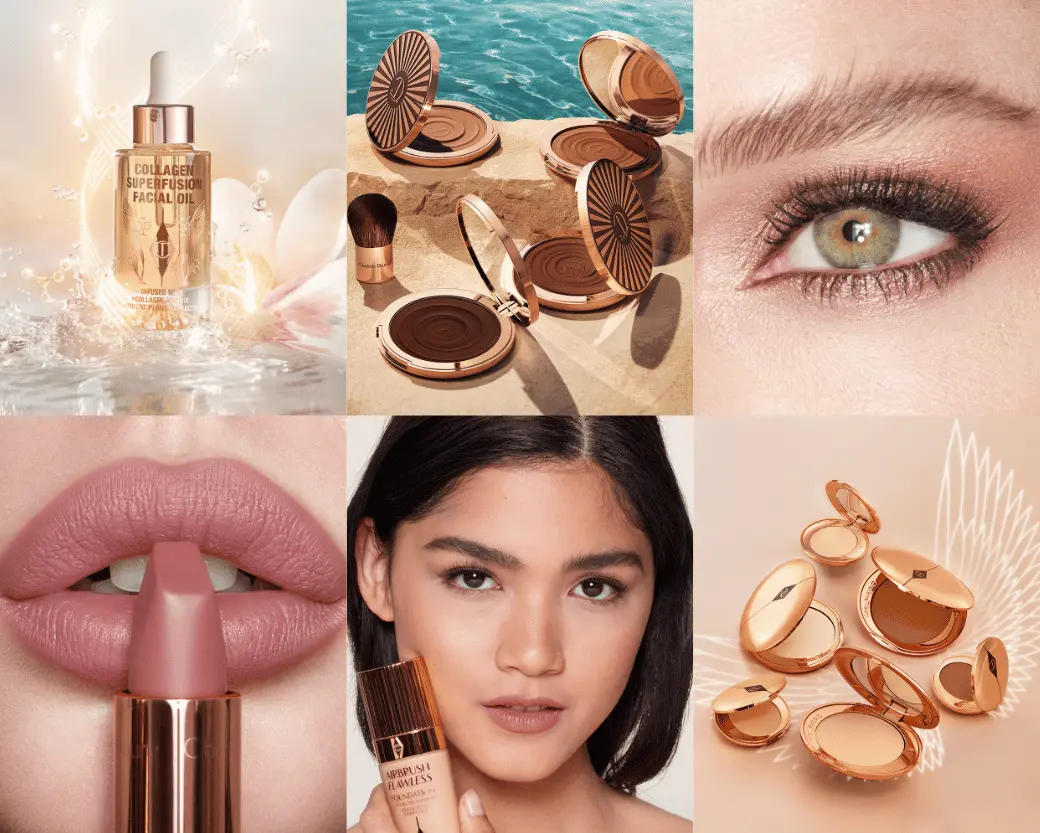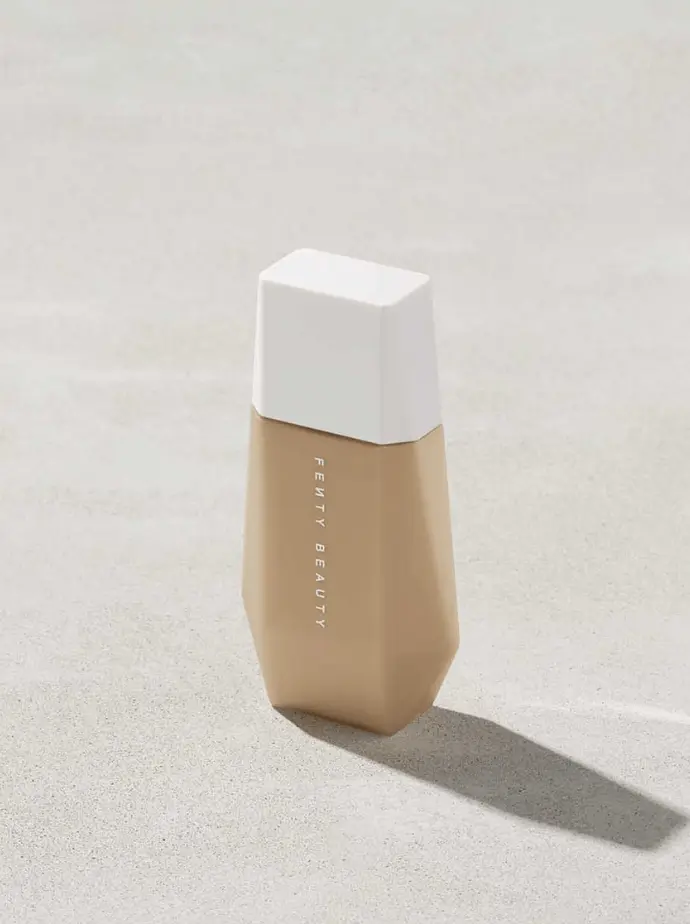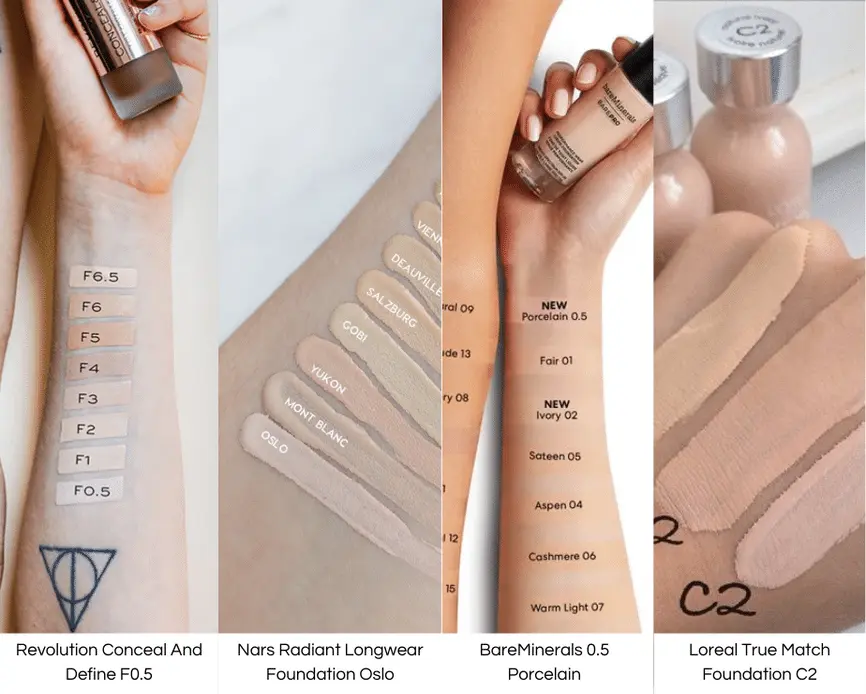If you’re like me, you’ve probably found yourself standing in front of the mirror, frustrated with stubborn acne that just won’t go away. Trust me, I’ve been there. After years of trial and error, I’ve discovered that some common skincare habits might be doing more harm than good. Skincare can be a tricky landscape to navigate, especially with all the conflicting advice out there. One day, you’re told to scrub your face vigorously to banish those pesky pimples, and the next, you’re advised to barely touch your skin to avoid irritation. It’s no wonder that so many of us end up feeling confused and overwhelmed.
But don’t worry, I’m here to help you sift through the noise and find a routine that works for you. Whether you’re dealing with occasional breakouts or persistent acne, understanding the root causes and common mistakes is the first step towards achieving clearer, healthier skin. So, let’s dive into the biggest skincare mistakes you might be making that are worsening your acne. Grab a cup of tea, sit back, and let’s get into it!
These 13 Skincare Mistakes Are Making Your Acne Worse!!!
1. Cleansing Aggressively
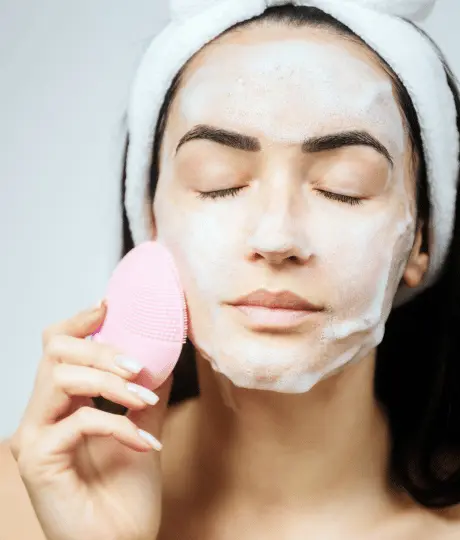
One of the most common mistakes is cleansing your skin too aggressively. It’s tempting to scrub away at your face, thinking it will help get rid of acne faster. But the truth is, over-cleansing can strip your skin of its natural oils, disrupting the skin barrier and leading to more breakouts. Opt for a gentle, pH-balanced cleanser and avoid washing your face more than twice a day. Your skin will thank you! Here are some of the best Korean cleansers you can try.
2. Using Harsh Physical Exfoliants
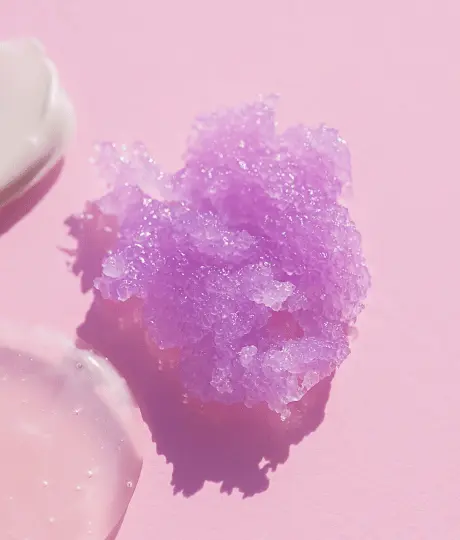
While exfoliation is crucial for removing dead skin cells, using harsh physical exfoliants like rough scrubs or textured cleansing pads can irritate your skin. This irritation can exacerbate acne and even cause micro-tears in the skin. Instead, consider using chemical exfoliants like AHAs (alpha hydroxy acids) or BHAs (beta hydroxy acids), which can gently dissolve dead skin cells without causing damage. Here is my favorite AHA, BHA exfoliant.
3. Skipping Moisturizer
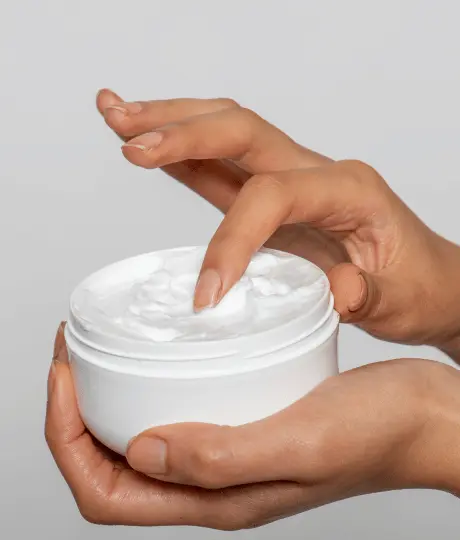
I used to think that skipping moisturizer would help dry out my acne. Big mistake! Even if you have oily or acne-prone skin, moisturizing is essential. When your skin is dehydrated, it can produce even more oil to compensate, leading to more breakouts. Choose a lightweight, non-comedogenic moisturizer that hydrates your skin without clogging your pores. I recently curated a list of best lightweight moisturizers. Make sure to check them out.
4. Using Too Many Active Ingredients
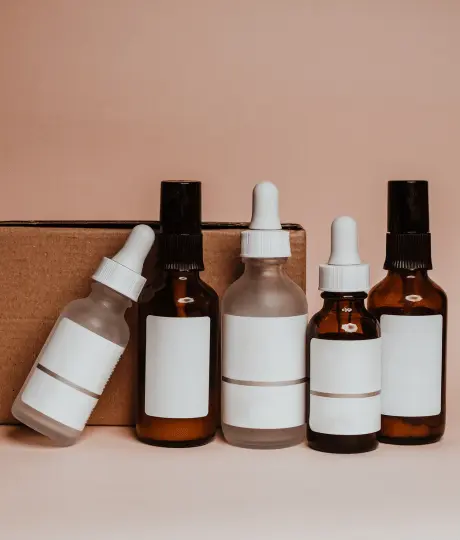
There’s a fine line between treating your acne and overwhelming your skin with too many active ingredients. It’s easy to fall into the trap of thinking that if one product works well, using multiple will be even better. But layering too many products, especially those with active ingredients like salicylic acid, benzoyl peroxide, and retinoids, can irritate your skin and worsen acne. Stick to a simple routine and introduce new products gradually to see how your skin reacts.
5. Not Trusting Your Skin
One of the most fundamental mistakes is not trusting your skin enough. Your skin is a smart, functioning organ that knows how to repair and restore itself. By constantly attacking it with harsh treatments, you might be preventing it from doing its natural job. Sometimes, all your skin needs is a bit of hydration and a comfortable environment to thrive.
6. Overusing Cotton Pads and Cleansing Wipes
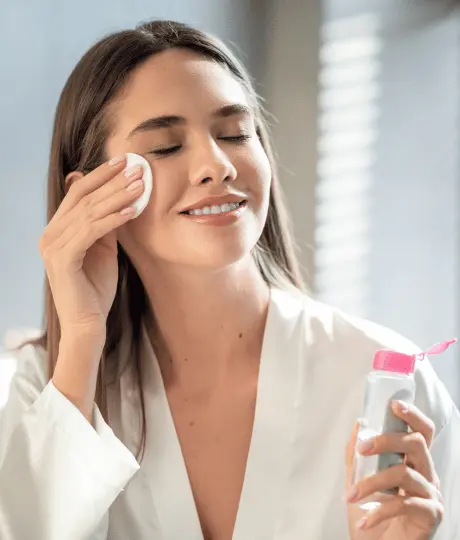
I used to love the instant gratification of wiping away makeup and dirt with cotton pads and cleansing wipes. But over time, I realized that the friction from these products was causing more harm than good. If you must use cotton pads, opt for those with a smooth texture and ensure they are fully saturated to minimize irritation. Better yet, consider switching to a gentle, washable cloth or simply using your hands to apply products.
7. Leaving Cleansing Water on Your Skin
Cleansing waters, like micellar water, can be great for a quick cleanse, but leaving them on your skin without rinsing can be problematic. These products still contain surfactants, which can strip your skin of its natural moisturizing factors if not rinsed off properly. Always follow up with a rinse of lukewarm water to ensure your skin is clean and hydrated.
8. Treating All Areas of Your Skin Equally
Not all areas of your skin are the same, so it’s important to tailor your skincare routine accordingly. Your T-zone might be oilier and more resilient, while your cheeks could be more sensitive and prone to hyperpigmentation. Customize your skincare approach based on the needs of different areas. For example, apply purifying masks only to oily areas and use a richer moisturizer on drier parts of your face.
9. Using Full Ranges of Acne Products
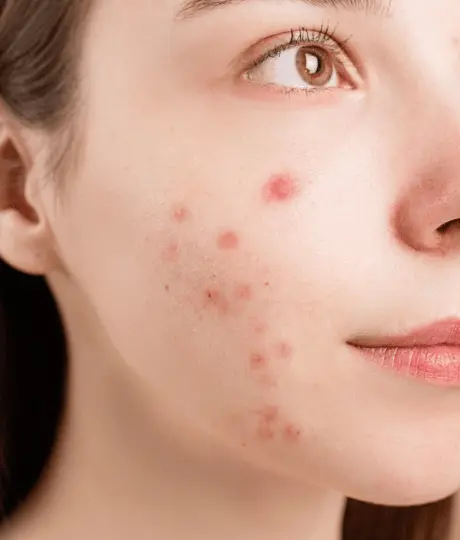
It’s tempting to buy entire ranges of acne-focused products, but this can sometimes be overkill. Instead of using an acne cleanser, toner, serum, and moisturizer, focus on hydration and moisturization as your baseline. You can then incorporate specific treatments, like a spot treatment or an exfoliating serum, as needed. This approach can prevent your skin from becoming overwhelmed and stressed.
10. Overloading on Skincare Products
More isn’t always better when it comes to skincare. Applying too many products can overwhelm your skin, leading to clogged pores and breakouts. Focus on understanding what your skin truly needs and select products that serve a specific purpose. A minimalistic approach, with a few well-chosen products, can often be more effective than a complex, multi-step routine.
11. Starting Anti-Aging Products Too Early
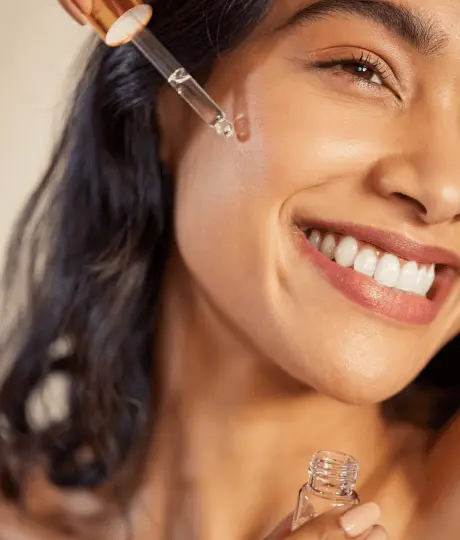
Using anti-aging products too early can cause unnecessary stress to your skin. Ingredients like retinol and vitamin C can be beneficial for mature skin, but they can also be harsh, especially if used prematurely. In your teens and twenties, focus on hydration, moisturization, and daily sunscreen use. These simple steps can help maintain your skin’s youthful glow without causing damage.
12. Neglecting Sun Protection

One of the biggest mistakes you can make is not protecting your skin from the sun. Sun exposure can exacerbate acne and lead to hyperpigmentation and premature aging. Always apply a broad-spectrum sunscreen with at least SPF 30 every day, regardless of the weather. This will protect your skin and help prevent acne scars from becoming darker and more noticeable. Here are some of the best sunscreens for you to try.
13. Not Switching Your Pillowcase

A small change that can make a big difference is switching your cotton pillowcase to a silk one. Silk pillowcases are less absorbent and more hygienic, reducing the risk of breakouts caused by bacteria and sweat buildup. Plus, they’re gentler on your skin, helping to prevent those annoying pillow lines and creases.
Takeaway
In conclusion, skincare doesn’t have to be complicated. By avoiding these common mistakes and trusting your skin’s natural abilities, you can create a healthier environment for your skin to thrive. Remember, less is often more, and a simple, consistent routine can work wonders. Give your skin the care and respect it deserves, and it will reward you with a clearer, healthier complexion.

